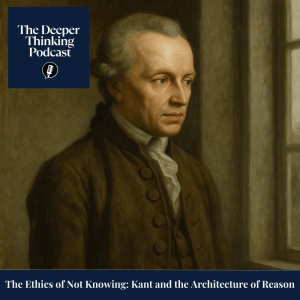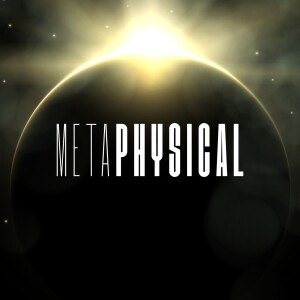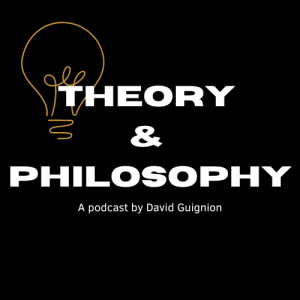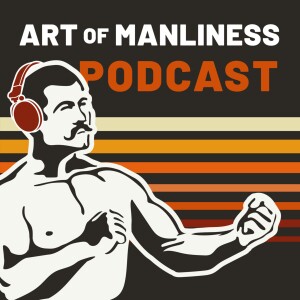

The Ethics of Not Knowing: Kant and the Architecture of Reason - The Deeper Thinking Podcast
The Ethics of Not Knowing: Kant and the Architecture of Reason
The Deeper Thinking Podcast
A philosophical meditation on knowledge, humility, and the dignity that comes from limits.
What happens when reason stops trying to master the world and begins to understand its own limits? In this episode, we explore Immanuel Kant’s Critique of Pure Reason, a work that reshaped Western philosophy by asking what makes knowledge possible in the first place. Touching on transcendental idealism, the noumenon, and the architecture of the synthetic a priori, this episode frames Kant not as a distant logician but as a moral architect—one who builds a space where reason becomes ethical, not just analytical.
This is not a survey or a historical sketch. It is a tonal encounter with Kant’s deepest concern: that to preserve the dignity of reason, we must limit its reach. With gentle echoes of Simone Weil, Hannah Arendt, and the foundations of moral philosophy, this episode offers not a lesson in metaphysics, but an invitation to live thoughtfully within what we cannot know.
Reflections
Here are some reflections that surfaced along the way:
- Reason isn’t about grasping everything—it’s about knowing when to stop.
- What we cannot prove might still be what we must act upon.
- The veil between appearance and reality isn’t a failure. It’s a kind of ethical shelter.
- The sublime isn’t always vast. Sometimes it’s just the silence beyond our categories.
- To honour reason is not to master the world, but to live justly within it.
Why Listen?
- Understand Kant’s Critique through tone, metaphor, and narrative—not just exposition
- Explore how limits in knowledge allow for moral and political freedom
- Reflect on the ethical implications of not knowing
- Reframe reason not as control, but as companionship with mystery
Listen On:
- YouTube
- Spotify
- Apple Podcasts
Support This Work
If you’d like to support the ongoing work, you can visit buymeacoffee.com/thedeeperthinkingpodcast or provide a positive review on Apple Podcasts. Thank you.
Bibliography
- Kant, Immanuel. Critique of Pure Reason. Cambridge University Press, 1998.
- Weil, Simone. Gravity and Grace. Routledge, 2002.
- Arendt, Hannah. The Life of the Mind. Harcourt, 1978.
Bibliography Relevance
- Immanuel Kant: Foundational to the idea that knowledge is shaped by the mind’s structure and that ethics begins with epistemic humility
- Simone Weil: Offers a vision of attention and restraint that parallels Kant’s moral minimalism
- Hannah Arendt: Extends Kant’s moral and aesthetic thought into political responsibility and judgment
To think clearly is not to control, but to accompany—gently, and with care—what cannot be possessed.
#Kant #CritiqueOfPureReason #MoralPhilosophy #TheSublime #SimoneWeil #HannahArendt #EpistemicHumility #TranscendentalIdealism #TheDeeperThinkingPodcast #QuietThinking #PhilosophyOfReason
More Episodes
All Episodes>>Creat Yourt Podcast In Minutes
- Full-featured podcast site
- Unlimited storage and bandwidth
- Comprehensive podcast stats
- Distribute to Apple Podcasts, Spotify, and more
- Make money with your podcast












